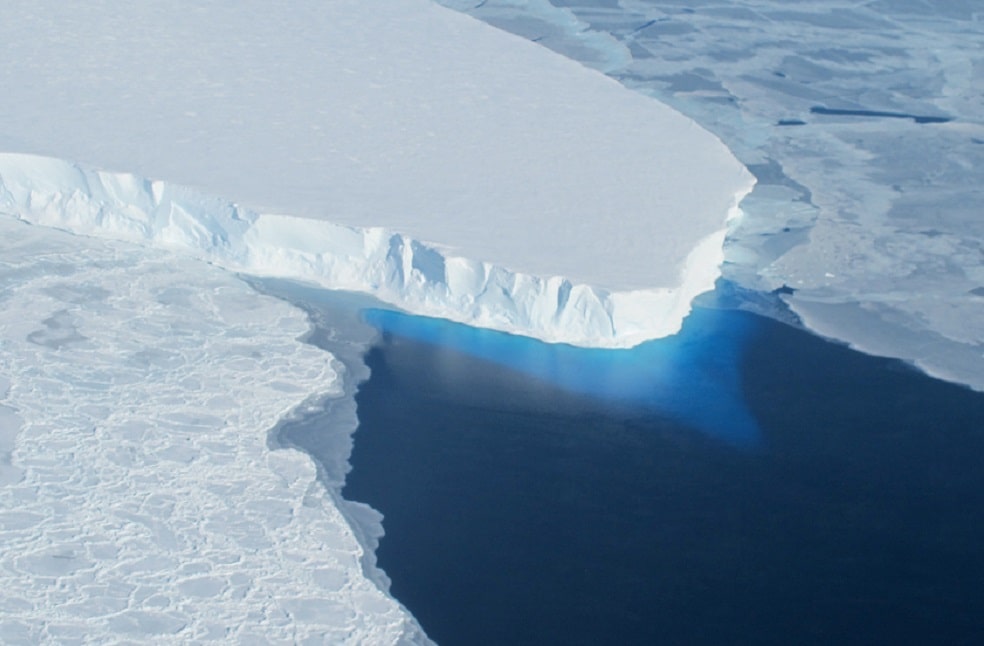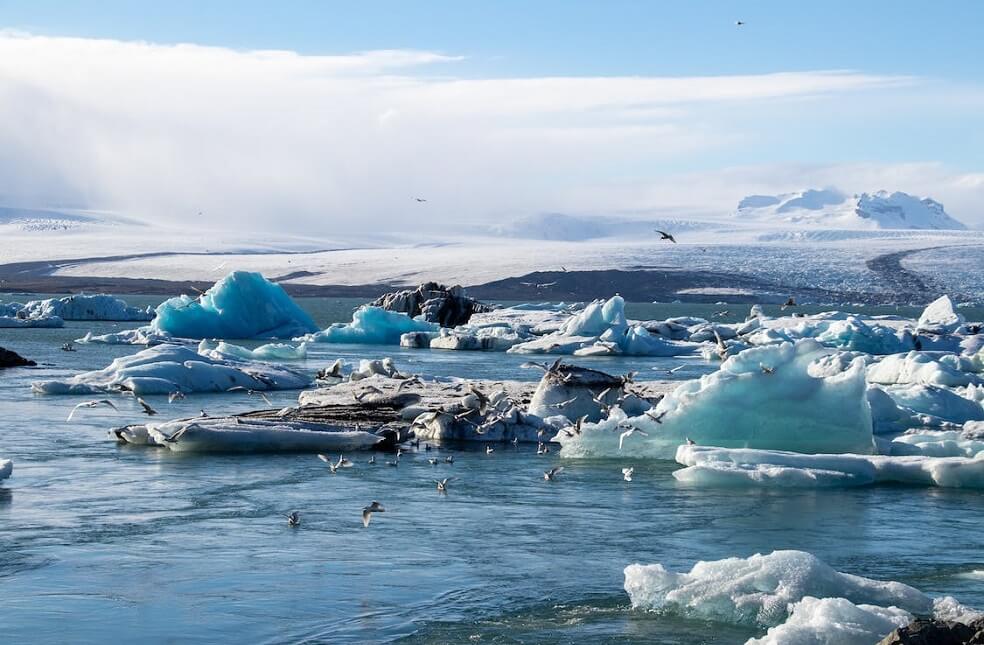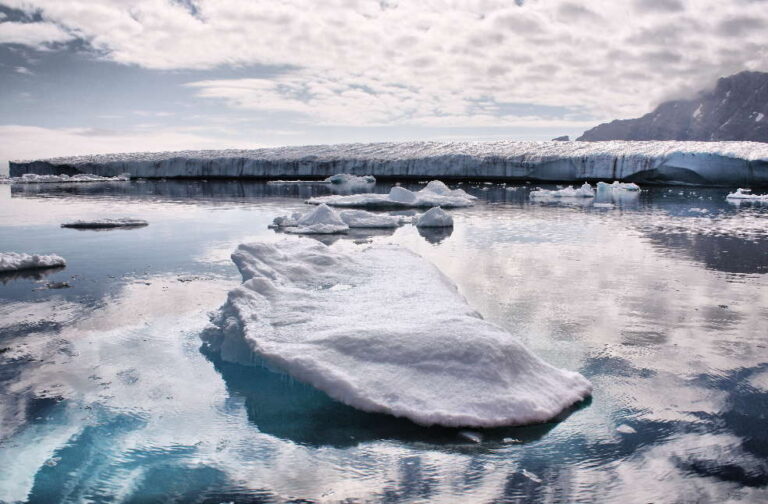Arctic: A new study has indicated that it is now too late to prevent the decline of summer Arctic sea ice, and scientists warn that measures should be taken to prepare for the anticipated increase in extreme weather events across the northern hemisphere as a consequence.
The analysis indicates that even with substantial reductions in greenhouse gas emissions, the Arctic is expected to be devoid of ice in September within the next few decades. In fact, if emissions decline slowly or continue to rise, the first ice-free summer could occur as early as the 2030s, ten years earlier than previously estimated.

“Unfortunately, it has become too late to save Arctic summer sea ice. As scientists, we’ve been warning about the loss of Arctic summer sea ice for decades. This is now the first major component of the Earth’s system that we are going to lose because of global warming. People didn’t listen to our warnings,” Prof. Dirk Notz, of the University of Hamburg, Germany, who was part of the study team, commented. ”
“This brings another warning bell, that the kind of projections that we’ve made for other components of the Earth system will start unfolding in the decades to come,” Prof. Notz added.
The study reveals that human-caused global warming is responsible for a staggering 90 percent of the ice melting, with natural factors accounting for the remaining 10 percent. Satellite records since 1979 have shown a concerning trend of a 13 percent decrease in summer Arctic ice per decade, a significant marker of the climate crisis.

The new findings contradict earlier predictions by the Intergovernmental Panel on Climate Change (IPCC) and emphasise the urgency of the situation. The research, published in the journal Nature Communications, forecasts the loss of summer sea ice in the 2050s even under a low emissions scenario.
Prof. Seung-Ki Min, of Pohang University, South Korea, who led the new study, remarked that “the most important impact for human society will be the increase in weather extremes that we are experiencing now, such as heatwaves, wildfires, and floods. We need to reduce CO2 emissions more ambitiously and also prepare to adapt to this faster Arctic warming and its impacts on human society and ecosystems.”



